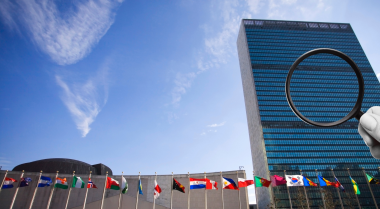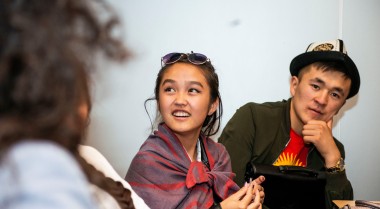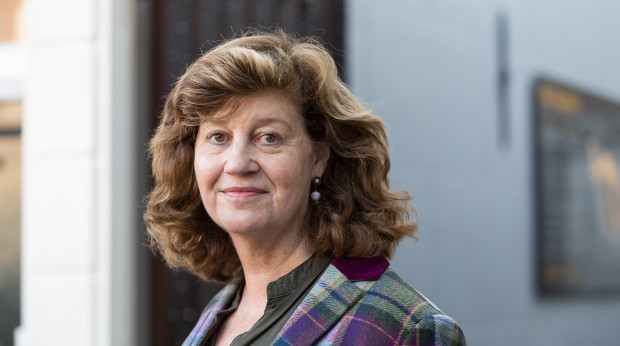
PBC Blog: Bringing a Youth, Peace and Security Lens to the Peacebuilding Commission
Young people are often stereotyped as victims or perpetrators in conflict. This obscures their efforts to create and advance peace all over the world. Repeatedly, we have seen that the approaches promoted by young people, in all their diversities, are innovative and, therefore, help address gaps that traditional security institutions tend to overlook.
The Peacebuilding Commission has made significant progress in promoting meaningful engagement with youth in peacebuilding. Since the publication of the Missing Peace report, which affirmed the important role of youth in promoting peace, the Commission has heard from local peacebuilders promoting youth involvement in peacebuilding from all over the world. In February of 2020 and 2021, the Commission held thematic Youth, Peace and Security (YPS) meetings on supporting the work of youth peacebuilders. During these thematic meetings, the Commission heard from local peacebuilders promoting youth involvement in peacebuilding from Bosnia Herzegovina, Kyrgyzstan, Sierra Leone, Nigeria, and the Philippines.
In the February 2020 thematic YPS meeting, Member States put forward the idea of creating an action plan to improve the Commission’s efforts in promoting youth peacebuilders and their work. The Commission adopted the Action Plan for Youth and Peacebuilding ahead of the February 2021 thematic meeting on YPS. The Action Plan outlines several goals for improving the implementation of the Youth, Peace and Security agenda within the Commission’s work as well as concrete markers for tracking the Commission’s progress. Furthermore, the Commission, in its advisory letters to the Security Council, has recommended increased youth participation in peace processes.
Despite these positive developments, the YPS agenda still does not receive the same level of attention that other issues, like Women, Peace and Security or financing for peacebuilding, receive. While the Commission has hosted two annual thematic meetings on YPS, the inclusion of speakers from youth-led peacebuilding organisations in other meetings is far less frequent. Further confirming this trend, the Action Plan does not include actions or indicators to track PBC follow-up engagement with youth-led peacebuilding organisations. Nor does the Action Plan promote conducting youth-sensitive conflict analyses.
While the PBC’s active role in supporting the engagement of young people in peacebuilding is a positive development, the question remains: what kind of impact does the Action Plan have on youth inclusion at the local and national levels?
While it will take some time before this question can be answered, the members of the PBC can accelerate their efforts now to ensure that the Action Plan begins to provide impact at the local level as soon as possible.


